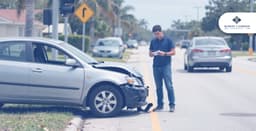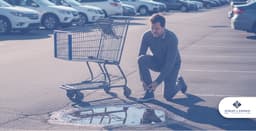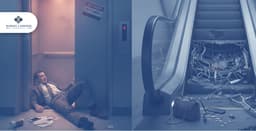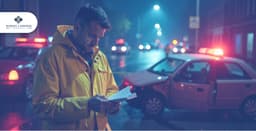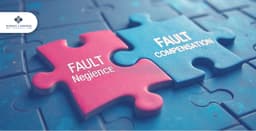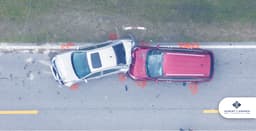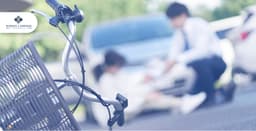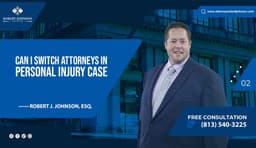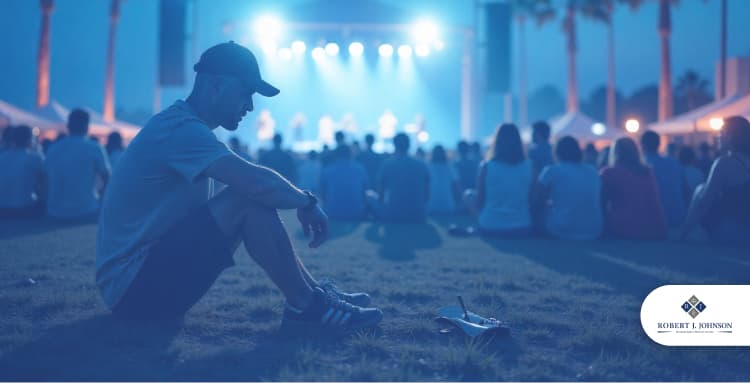
September 25, 2025
What if I Get Injured at a Concert or Festival in Florida?
You bought your ticket, marked the date on your calendar, and showed up ready to feel the bass in your chest. Crowds pulse, lights flash, and for a few hours the outside world fades. Yet, in Florida, even the most ordinary concert or festival carries hidden risks. A slick patch on the walkway, a poorly secured stage rig, or a sudden heat wave can turn excitement into injury in an instant.
Florida’s legal landscape adds another layer. Modified comparative negligence means that if you are partly at fault, your compensation can shrink. Waivers, disclaimers, and “enter at your own risk” notices might make it harder to recover, yet they are not invincible. Courts may strike overly broad or hidden clauses, leaving organizers accountable for hazards they ignored.
From knowing your rights under Florida law to spotting the warning signs that could prevent serious harm, preparation can shape not only your safety but also your ability to recover if things go wrong. The question is not whether accidents happen—they will—but how you respond when the lights, the crowd, and the unexpected collide.
I) The Scene You Didn’t Plan For
Crowds have a rhythm of their own. The push toward the stage feels electric until it tilts into something unpredictable. A surge can send you sideways into a barricade. Uneven ground, heat exhaustion under Florida’s sun, vendor cables, and gear in crowded walkways all create hazards that can turn routine movement into sudden injury.
Florida’s festival culture thrives on scale and spectacle, from massive stadium shows to sprawling beach events. That scale draws more people, more equipment, and more variables, each one a moving part that could go wrong.
When an injury happens, the crowd moves on, the lights keep flashing, and the music rolls forward. The question that remains is who is accountable when the celebration turns into an incident report.
II) Who’s Legally on the Hook in Florida?
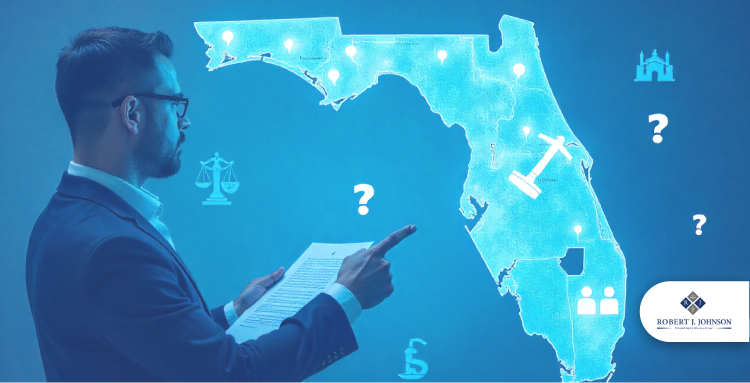
In Florida, injury claims at concerts and festivals often start with premises liability. The idea is simple, the party controlling the space must keep it reasonably safe for those invited in. That could be the venue owner, the event promoter, or both.
Sometimes it extends to contractors handling staging, lighting, or security. Each has a role in creating the environment, which means each could share legal responsibility when something goes wrong.
Negligence applies when a hazard should have been fixed or flagged, like a spilled drink on the dance floor, loose rigging, or a blocked exit. Assumption of risk is different, it covers injuries from dangers you knowingly accept when you step into them anyway.
In a Florida festival setting, the line between the two is not always clear. Understanding where that line falls often depends on what was disclosed before you even walked in, which is where the fine print on your ticket starts to matter.
III) The Fine Print You Ignored
Every ticket is a contract, whether it arrives as a glossy wristband or a QR code on your phone. In Florida, disclaimers and waivers are designed to shield organizers from lawsuits. They often include sweeping language about:
Personal injury
Weather delays
Acts of nature
The phrase “enter at your own risk” shows up often, aiming to limit your right to sue if something goes wrong.
Under Florida law, those words matter, however they are not absolute. Courts can strike down waivers that are:
Overly broad
Buried in unreadable text
Failing to address specific risks
Hidden clauses in ticket terms may also shape your legal options. They can affect:
Where you can file a lawsuit
How much time you have to act
Whether disputes go to arbitration instead of court
These details rarely cross your mind when you scan your ticket. Yet they often decide how your case unfolds. The real test comes when Florida’s negligence and shared fault rules collide with the fine print.
IV) The Florida Factor
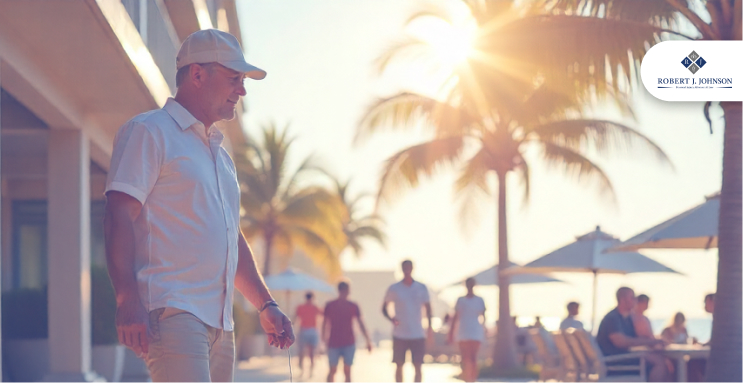
Florida follows a modified comparative negligence system. If you are found partly at fault, your compensation shrinks. Cross the legal threshold of blame, and you may recover nothing at all.
Take a spilled drink on the walkway. It could be grounds for a claim. However, if video shows you running through the crowd in sandals, your payout drops sharply.
The state’s climate adds pressure. Intense heat, sudden downpours, and hurricane-season storms turn outdoor events into unpredictable environments. Wet surfaces, overloaded drainage, and sudden crowd movement when weather shifts all raise the stakes for safety planning.
Local ordinances complicate things further. Some counties impose strict crowd limits, security staffing ratios, or emergency access requirements. Others regulate stage construction, alcohol service hours, or even noise levels. These rules shape who is responsible when an incident occurs and how liability is divided.
Knowing these factors is one thing. Acting on them in the middle of an unfolding incident is another. The real question is what to do in the moment before the scene changes.
V) Steps to Take in the Chaos
When the music is still playing and the crowd hasn’t slowed, the priority is clear, get medical care. Onsite medics, festival first-aid stations, or emergency services via 911 should be your first stop.
Once you’re stable, start collecting details. Photos of the scene, the hazard, and your injuries preserve evidence long after cleanup crews leave.
Witness accounts are powerful, especially from people you don’t know personally. If security or staff create an incident report, ask for a copy or note who handled it. These records can anchor your claim when memories fade.
In Florida, personal injury claims generally must be filed within 2 years from the date of the accident, under Florida Statutes §95.11(3)(a). Acting quickly ensures your evidence and legal rights are protected.
Florida’s statute of limitations for personal injury is a ticking clock. Waiting too long to act can close the door on a case entirely. Understanding how to move from the initial chaos to a structured legal strategy is where professional guidance becomes critical, and where the right attorney steps in.
Want to know more about Florida personal injury cases? Browse the related sites
How to File a Personal Injury Claim Against a Government Entity
Why You Shouldn't Wait to Hire a Personal Injury Attorney After an Accident
VI) How Robert J. Johnson Handles These Cases
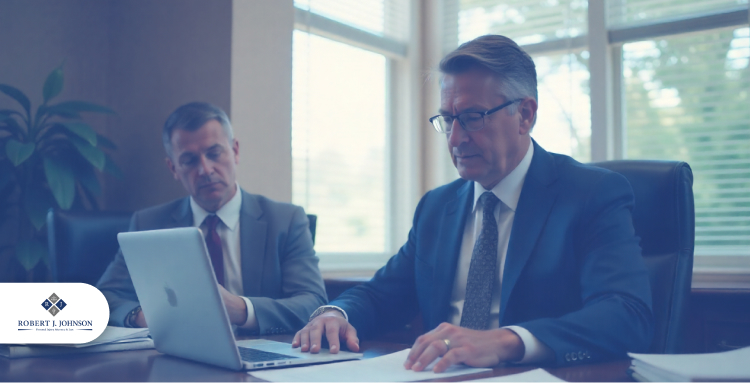
Robert J. Johnson starts by untangling the complex network behind every event, venue contracts, promoter agreements, and the patchwork of vendors. This decoding reveals where legal responsibility truly lies, beyond the surface-level finger-pointing.
When insurance companies and event organizers push back, Johnson’s approach is strategic, cutting through delays and lowball offers. He leverages local laws and precedents to hold all liable parties accountable, ensuring clients aren’t left handling a maze alone.
From the vibrant art festivals of Miami to the massive stadium concerts in Orlando, Johnson’s deep Florida expertise means no venue or promoter is unfamiliar territory. His local knowledge is a key advantage when cases require negotiation or courtroom action.
The Bottom Line for Concertgoers
Concerts and festivals are about connection and experience, and we believe you should enjoy every moment without fearing what might go wrong. Staying informed about your rights adds a layer of protection that keeps the music playing in your favor.
Knowing what to expect before stepping into the crowd empowers you to act decisively if injury strikes. From spotting hazards to understanding liability, preparation is key.
If you find yourself injured or unsure where to turn after an incident, we’re here to help. Reach out to Robert J. Johnson before the next encore to get clear answers and dedicated representation tailored to Florida’s unique legal landscape.



